

In today’s fast-paced business environment, mid-sized companies often face a unique challenge—scaling operations while maintaining efficiency. Unlike large enterprises with vast resources or nimble startups with simpler systems, medium-sized businesses can get bogged down by manual processes, outdated systems, and workflow bottlenecks.
That’s where workflow automation comes in. More than just a trend, it’s a proven strategy for streamlining operations, reducing errors, and freeing up teams to focus on what really matters—growth, innovation, and customer relationships.
Workflow automation is the use of software to perform repetitive tasks with minimal human intervention. Think automated invoice approvals, scheduled email notifications, or report generation. These tools ensure that everyday business functions happen reliably and efficiently, across teams and departments—even if they're working remotely.
Thanks to cloud-based platforms, automation is now accessible to mid-sized businesses that previously lacked the budget or resources of larger firms. This means more agility, less friction, and better performance across the board.

1. Efficiency That Scales
Automating routine tasks can dramatically speed up operations. Processes that used to take hours—like routing documents for approval—can be
done in minutes. This frees up staff to focus on strategic initiatives, not paperwork.
2. Fewer Errors, More Confidence
Manual data entry and repetitive tasks often lead to mistakes. Automation ensures consistency and accuracy, especially in high-stakes areas
like finance, compliance, and reporting. The result? Fewer errors, fewer headaches, and a more reliable operation.
3. Enhanced Team Productivity
When repetitive tasks are off their plates, your team can zero in on meaningful work—like analyzing data, refining customer experience, or
exploring new markets. That shift not only boosts productivity but also morale, as employees engage in work that actually drives value.
4. Real Cost Savings
Workflow automation reduces the need for extra hires as your business grows. It also minimizes costly rework caused by human error. Over
time, this means significant cost savings and a more streamlined path to scalability.
5. Smarter Collaboration
Cloud-based automation platforms improve transparency and accountability. Teams can track task status in real-time, avoid duplication, and
work seamlessly—even from different locations. Whether it’s marketing, HR, or finance, everyone stays aligned and informed.
Step 1: Identify the Pain Points
Start by listing out tasks that slow your team down—manual approvals, data entry, follow-ups, or report generation. Focus first on the
processes that consume the most time or create the most errors.
Step 2: Choose the Right Tools
Look for platforms that fit your industry and integrate with the systems you already use. Tools like Zapier, Microsoft Power Automate, or
Asana can be great starting points, depending on your needs.
Step 3: Map and Optimize Your Workflows
Before automating, outline each step of your workflow. Look for redundancies, unnecessary steps, or gaps. This ensures automation brings
real improvements rather than just digitizing inefficiencies.
Step 4: Test, Monitor, Improve
Once automation is live, keep refining. Monitor its performance, gather feedback from your team, and continue optimizing for better
outcomes.
Conclusion
For mid-sized businesses, workflow automation is more than a tech upgrade—it’s a strategy for sustainable growth. It unlocks time, reduces risk, and improves how teams work together. As someone who’s seen automation transform operations firsthand, I can confidently say: the sooner you implement it, the more competitive and efficient your business becomes.
Ready to make your operations smarter and faster?
Contact us today. Partner with ZaheZone to explore custom automation solutions
built for your business. Let’s turn your workflows into a growth engine.

Being ‘secure enough’ is no longer enough. SMB1001 gives South East Queensland businesses a practical, tiered path to proving cyber maturity, reducing insurance risk, unlocking contracts, and building trust. This article explains why SMB1001 is fast becoming the new standard for growth-focused SMBs — and how to approach compliance as a business investment, not an IT cost
.jpg)
Think cyber security tools keep your business safe? Real protection requires configuration, monitoring, and leadership oversight. Read the full article to understand the risks and how to close the gaps.
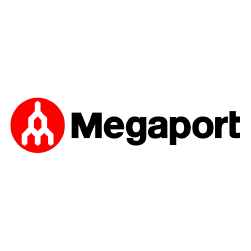

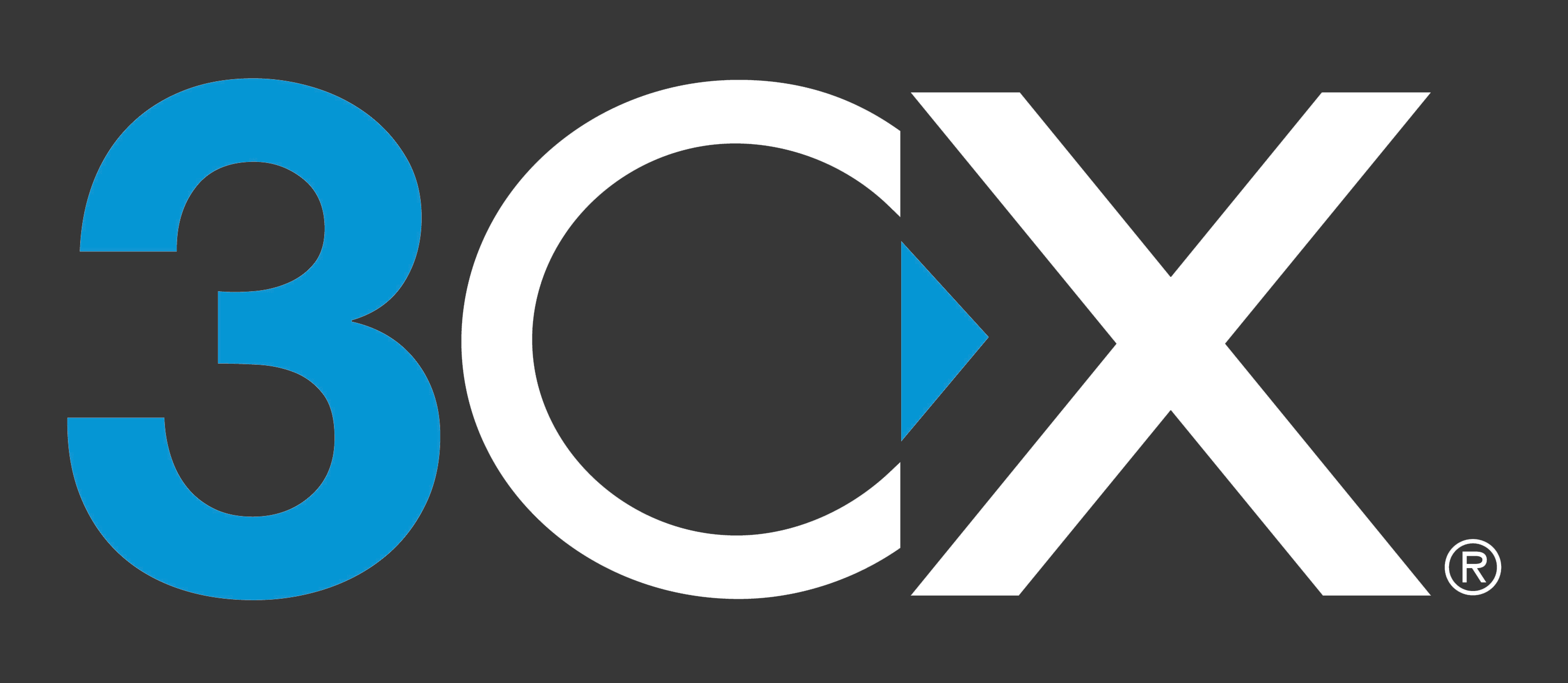
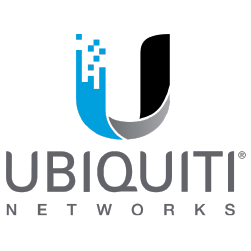


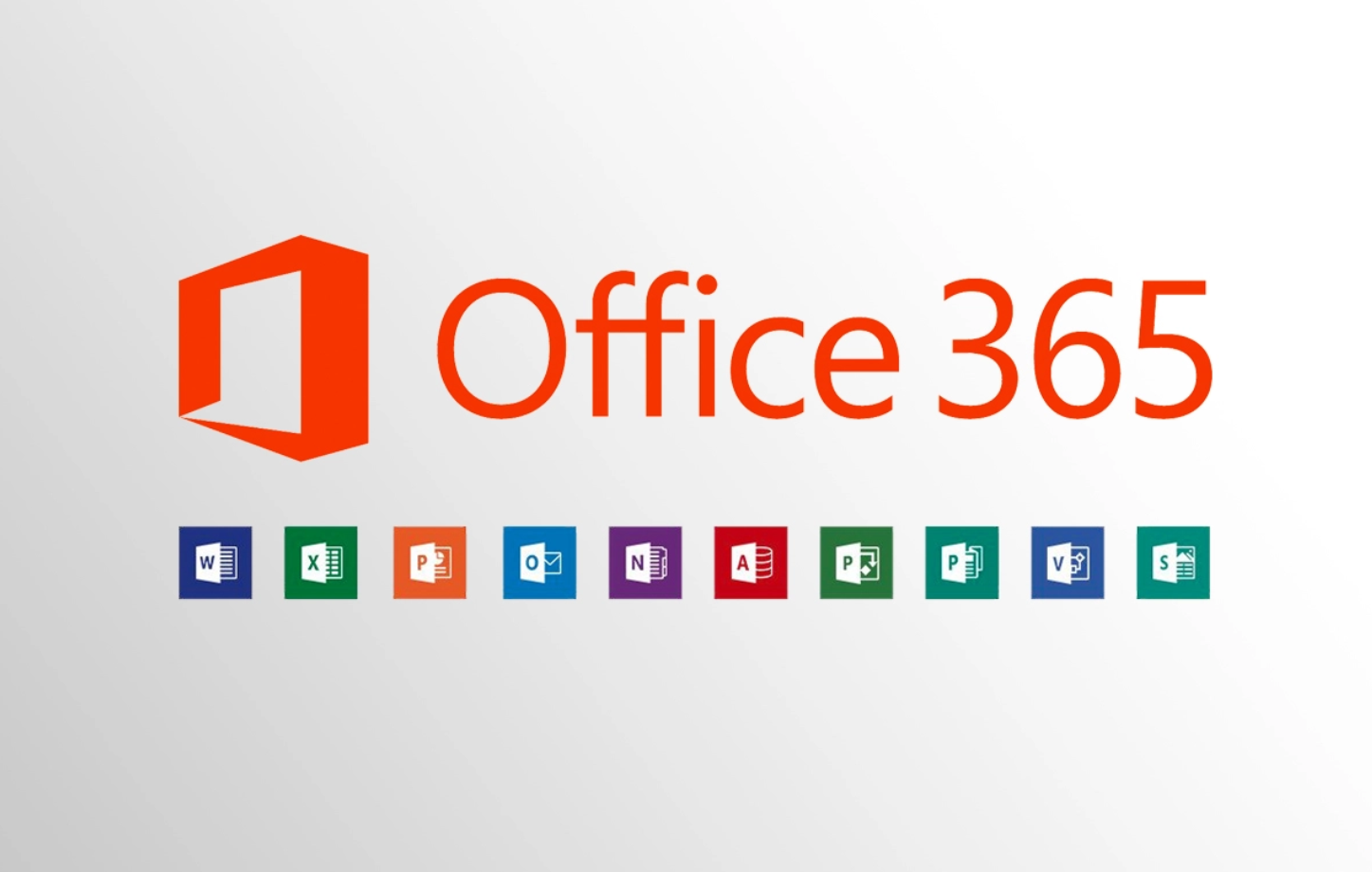
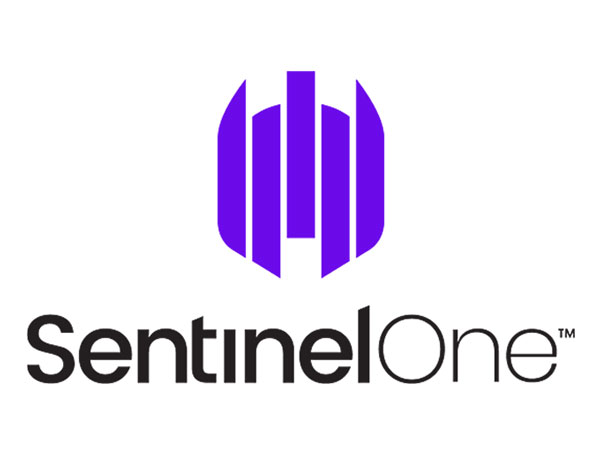

.png)



At ZaheZone, we take your business growth seriously, which is why we’re with you every step of the way. To discover how we can help you optimize and scale your IT, contact us today.
Leave a Comment